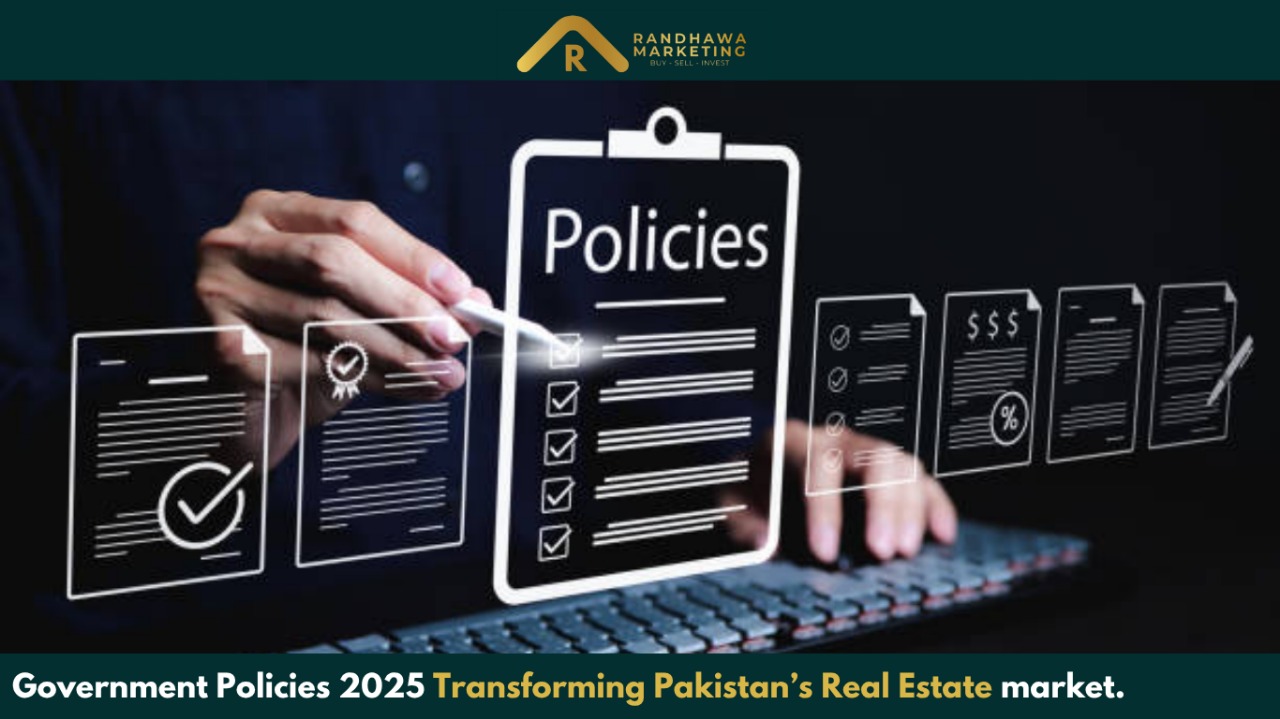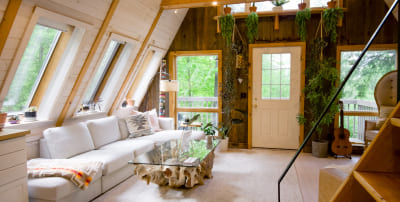Rent vs. Buy: What’s Better
for You in 2025?
Deciding whether to rent or buy
property in Pakistan is a major financial and lifestyle choice in 2025. Both
options have their benefits and drawbacks, and the right choice depends on your
personal situation. Renting is often more affordable in the short term and
gives you the flexibility to move if your job, family, or lifestyle changes.
Buying a home, on the other hand, requires a larger upfront investment but
allows you to build long-term wealth through property ownership and potential
appreciation.
Before making a decision, it’s important to consider your budget, future plans, the current property market, and the costs associated with each option. Understanding these factors will help you choose a path that balances financial security, lifestyle needs, and long-term goals. Consulting a financial advisor can provide guidance tailored to your situation and help you make a well-informed decision.
Renting vs.
Buying Property in Pakistan 2025: You’re Complete Guide
Understanding the Costs
Renting allows you to live in a property without paying a large sum upfront.
You only cover monthly rent, and maintenance or taxes are usually the
landlord’s responsibility. This makes renting suitable if your budget is tight
or your income fluctuates.
Buying a home requires a significant down payment, possible mortgage
installments, and ongoing costs like maintenance and taxes. While the initial
expenses are higher, owning a property can be more cost-effective in the long
run, especially if property values rise over time.
Flexibility and Lifestyle Freedom
Renting gives you the freedom to move between cities or neighborhoods without
the burden of selling a property. It works well for professionals with
transferable jobs, students, or families who are still deciding where to settle.
Buying ties you to one location. Selling or renting out your property later can
take time, effort, and may depend on market conditions, making relocation more
complicated.
Building Wealth through Property
When you buy a home, you gradually build equity with every payment. Property
can appreciate over time, offering long-term financial security.
Renting does not create an asset, but it does free up money for other
investments, savings, or personal priorities.
Pakistan’s Property Market in 2025
Property prices vary significantly across the country. Islamabad and Karachi
remain high-demand cities with steady appreciation. Lahore and emerging cities
like Multan offer lower entry costs and growth potential.
Researching current trends, interest rates, and city development plans is
essential before committing to a purchase.
Planning Your Finances
Before buying, carefully assess your income stability, savings, and ability to
secure a mortgage. Factor in taxes, maintenance, and other costs.
Renting can help you save for a larger down payment or invest in other areas
while maintaining financial flexibility.
Suitability for Your Lifestyle
Renting suits temporary living arrangements, frequent relocations, or
situations where long-term commitment is uncertain.
Buying is ideal for those seeking stability, freedom to renovate, and long-term
wealth accumulation through property ownership.
Legal and Tax Responsibilities
Property ownership comes with legal obligations like registration, taxes, and
adherence to local regulations.
Renters face fewer legal responsibilities, but they should still review lease
agreements carefully and know their tenant rights.
Risks to Consider
Property values can fluctuate, affecting resale prices or rental income
potential.
Renting carries risks like rent increases or lease termination, but avoids
long-term debt and investment risk.
Making the Right Choice
If you plan to stay in one location for five or more years and can manage the
upfront costs, buying is often the smarter choice.
If flexibility, lower initial expenses, or financial uncertainty is a priority,
renting provides a safer, more adaptable option.
Seeking Expert Advice
Consult a financial advisor to evaluate your budget, long-term goals, and
property market conditions.
Professional guidance ensures your decision balances affordability, investment
potential, and lifestyle needs.
Pros and cons of
renting vs. buying property in Pakistan 2025:
Renting
Property
Advantages
You
can move easily for work, education, or lifestyle changes.
Upfront
costs are low; you don’t need a down payment.
Landlord
usually handles repairs and maintenance.
Short-term
commitment works well if you are not settled long-term.
Monthly
expenses are predictable under a lease.
Disadvantages
You
don’t build ownership or long-term wealth.
Rent
can increase over time.
Limited
freedom to modify or renovate the property.
Lease
agreements can end unexpectedly.
Dependence
on the landlord for repairs and approvals.
Buying
Property
Advantages
You
own an asset that can increase in value over time.
Each
payment builds equity, contributing to long-term wealth.
Freedom
to customize, renovates, or expands your home.
Provides
stable, long-term living without the risk of eviction.
Can
generate rental income if you choose to rent it out.
Disadvantages
High
upfront costs, including down payment, taxes, and registration fees.
You
are responsible for all maintenance and repairs.
Selling
or relocating can take time and depends on the market.
Property
value may fluctuate, affecting resale or investment returns.
Long-term
financial commitment through loans or mortgages.
Decision
Checklist: Key Questions to Consider
How long do
you plan to live in this home or city?
Can you
comfortably manage the down payment and monthly loan installments?
Is your
income stable and likely to grow in the coming years?
How much
does it cost to rent a similar property in the area?
What is the
property price per square foot and its potential for appreciation?
Are you
prepared to handle responsibilities like maintenance, taxes, and repairs?
Does the
property have complete legal documentation and a clear title?
Are there
financing options available with favourable terms for you?
Are you
willing to stay in one location long-term, or might you need to move soon?
Do you fully understand the risks, such as market fluctuations, interest rate changes, and resale challenges?
Final thoughts
Deciding
whether to rent or buy property is one of the most important financial and
lifestyle choices you will make. Renting provides flexibility, lower upfront
costs, and fewer responsibilities, making it ideal if your plans are temporary,
your career is mobile, or your finances are still stabilizing. You can save
money, move freely, and avoid the long-term commitment of ownership.
Buying
a home, on the other hand, requires a larger initial investment and comes with
ongoing responsibilities like maintenance, taxes, and mortgage payments.
However, it gives you long-term stability, full control over your living space,
and the chance to build equity and wealth over time. Property ownership can
also offer rental income opportunities and financial security as your asset
appreciates.
The decision
ultimately depends on your financial capacity, lifestyle priorities, and future
goals. Carefully consider your budget, career plans, family needs, and the
current property market before committing. Seeking guidance from a financial
advisor can help you weigh the benefits and risks, ensuring your choice
supports both your present situation and long-term ambitions.


